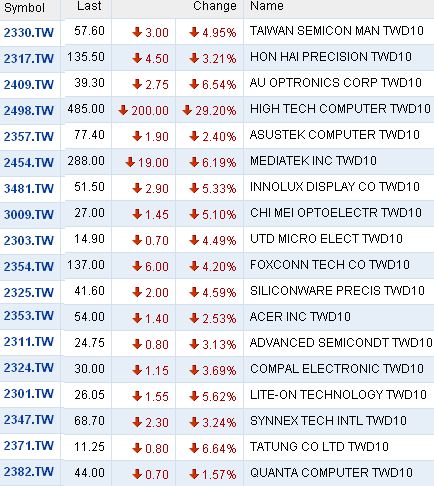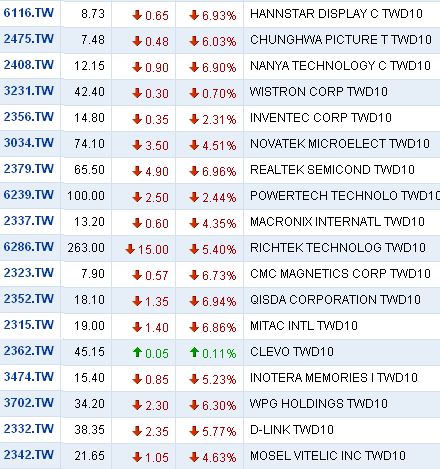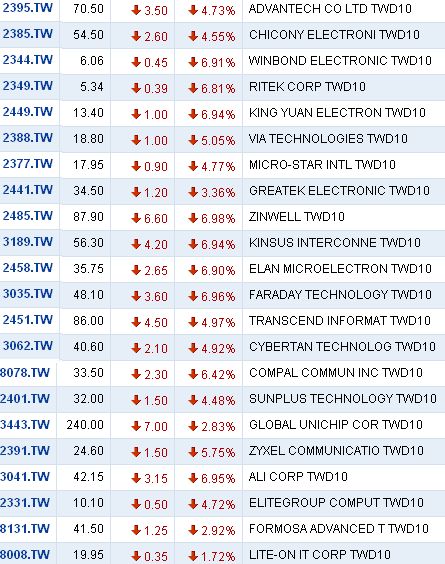Should Taiwan fabless chipset design companies partner with their Mainland competitors? Its an interesting question. Lung Chu,President of Asia field operations at Cadence, believes they should. According to Digitimes:
Facing emerging competitors from China, IC design companies in Taiwan constantly enhance their products and operation to keep the advantageous position in the IC design field, according to Lung Chu, the president of Asia Pacific field operations, at EDA specialist Cadence. However, China-based IC design houses need to learn from their rivals in Taiwan, and one way to do that is to partner with them to help increase their share of the large China market.
Chu indicated that IC design companies in China such as Vimicro, Actions Semiconductor, and Spreadtrum, among others, have just begun listing and trading on the stock market. But although they have successfully entered the market, these companies still need to think about what can make them sustain growth. Chu pointed to the example across the strait in Taiwan, where IC design companies such as MediaTek, Sunplus Technology, Novatek Microelectronics, and Himax Technologies have achieved a certain positions in the market by their ability to grow and innovate continuously.
When reading this commentary, the first thing that came to mind was Dr. Jones article we commented on earlier this month where he said Taiwan was not yet a global innovator and that China was. This article once again indicates this is not so. Mr. Chu acknowledges in the fabless IC design sector, Taiwanese firms are indeed the innovators, not the Mainland companies! Later in the commentary Mr. Chu says:
"Because the IC market is global, lowering price without innovating will eventually only lead to a one way ticket out of the market . Therefore, China industries have to make a breakthrough to solve this problem or else they can expect a life span of about 2-3 years."
Indeed! His solution: Mainland chipset design companies should partner with Taiwanese companies to ensure their survival. He believes this will be a win-win for both the mainland firms and Taiwan firms. His argument suggests these partnerships will open the Chinese market to Taiwanese firms and the mainland companies will learn innovation from the Taiwanese! Perhaps! A very big perhaps.
Lets be honest. This is a definite win for the Chinese firms. Establishing a partnership with the Taiwanese fabless design houses will teach them a lot. Taiwanese firms in this sector have a lot of experience since the fabless design industry has been in Taiwan for 20 years or more now. The market has grown, there are established players with global market share. These companies have some brand equity and are known by the system integrators who use their chips. They have a secure raw material supply chain and probably have very good relationships with the pure-play foundries established over two decades of working together. Its a definite win for the emerging mainland design companies!
What about the Taiwan firms! Firstly, they are already penetrating the China market. Each will have their own strategy. MediaTek for example sells their chips to bigger mobile phone manufacturers e.g. Nokia, Siemens etc. These bigger branded companies then sell into China. What is the downside? Intellectual Property Rights!
Remember the Cisco/Huawei fiasco in 2003? Cisco contracted Huawei to manufacture their switches. Huawei then stole some of their designs and software and sold it at cut rate prices to Cisco clients. At the time Hwawei was a small manufacturer in Shenzhen. Right now they are a global competitor! Cisco did take Huawei to court in the US but later dropped the case after Huawei ADMITTED to stealing some of their code but suggesting it was accidental rather than deliberate and far less extensive than Cisco claimed! This is a big big fear for companies operating in China! Protecting property rights is a big issue and there is no recourse to the law in China unlike the US or Taiwan.
So there is potentially a huge downside for Taiwan design firms establishing partnerships with Chinese competitors. They might steal their stuff and blow them out of the water! Don't get me wrong! Partnerships and joint ventures can and do work, but for them to work there must be trust and a record of behaviour that speaks for itself. Chinese firms must realize that business is not about getting ahead at all costs and at the cost of those you work with. Only then will people be more willing to partner with them.
I would therefore suggest Taiwanese fabless design houses be a little more cautious when partnering with Mainland firms. The partnerships may provide some benefits, but the upside of deeper penetration into the Chinese market is not certain and the threat against their intellectual property real. But I guess they already know this, or partnerships would already be far more extensive!


